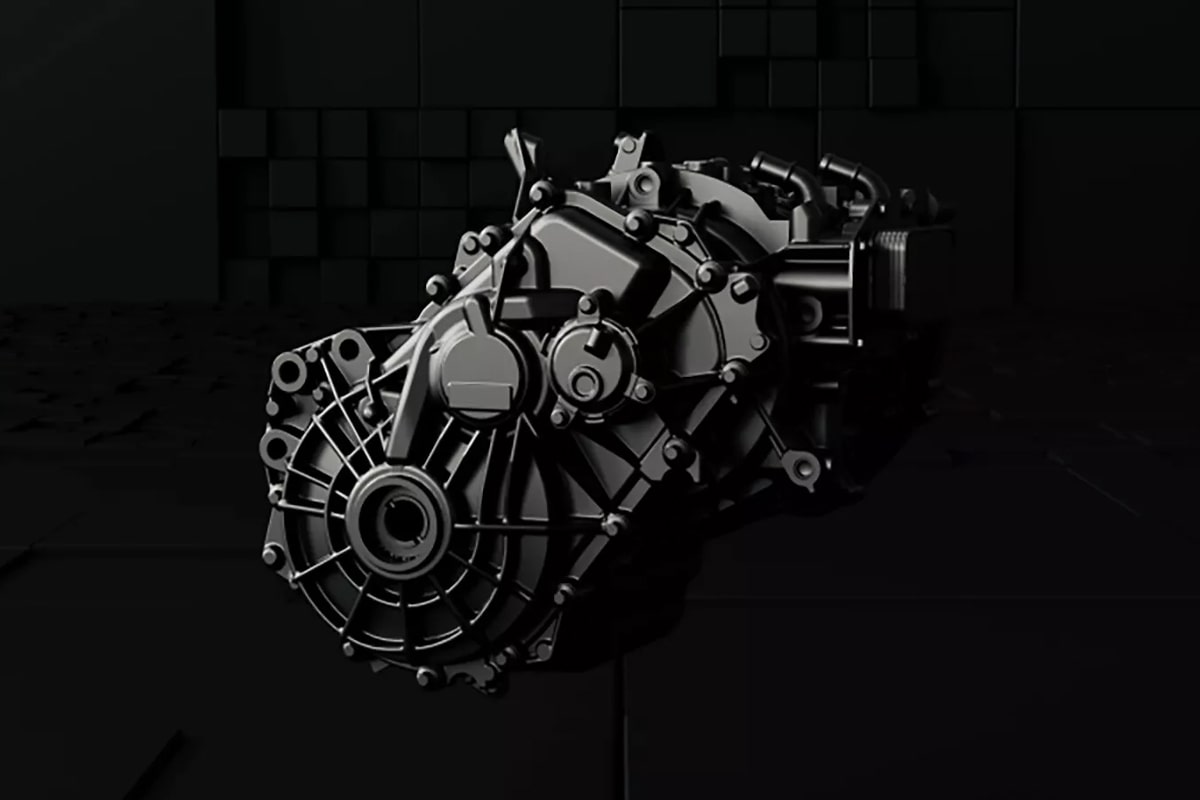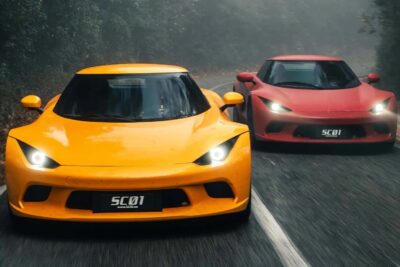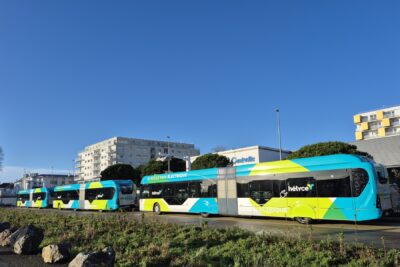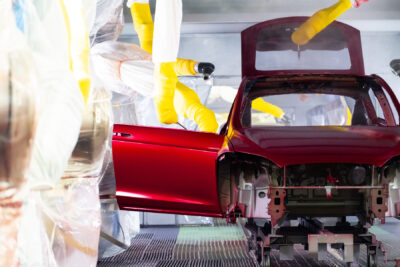Chinese supplier instead of Valeo? Renault scraps plans for E7A electric motor
This was reported by Reuters, citing two sources familiar with the matter. Renault has been using engines without rare earths since 2012 and announced two years ago that it would be working with Valeo on the third generation of electric motors. At that time, the E7A was expected to be ready for market in 2027. However, Valeo, responsible for the stator in the development project, is reportedly no longer on board. Instead, “the E7A motor project will be carried out entirely in-house across the entire value chain, with the exception of the stator, which could be sourced from a Chinese supplier,” one of the insiders is quoted as saying in the news agency’s report. According to both sources, the move is due to necessary cost reductions. And Chinese suppliers offer very competitive prices.
Renault neither confirms nor denies this development. “A Chinese partner is a possibility,” a spokesperson for Renault subsidiary Ampere admitted to Reuters. However, no decision has been made yet. “We are studying the possibility of locating (the stator) in France,” said the spokesperson. According to the news agency, Valeo declined to comment. It is considered a given that the E7A will continue to be manufactured at the Renault plant in Cléon, France, even if a Chinese supplier contributes the stator. STMicroelectronics has already been engaged as the supplier of the silicon carbide modules for the E7A’s inverter.
Renault does not really have much time left for development: the new motors are to power Renault’s next generation of compact electric vehicles, which will be launched in 2028. According to earlier statements, the power unit will support 800 volts and offer 200 kW of power (25% more than the current generation). The elimination of rare earths is also intended to make the supply chain more robust.
Renault generally attaches great importance to value creation in its own country or in Europe. In 2023, for example, the manufacturer announced that it would be promoting the development of the E7A with Valeo as an ‘innovation made in France’. The fact that a Chinese supplier is now being considered for the stator reveals that Renault is reaching the limits of its localisation strategy. The fact is that cost pressure is increasing. As a relatively small car manufacturer, Renault cannot afford to be too dogmatic on this issue. The development of the new E-Twingo recently demonstrated that the French are prepared to respond pragmatically in this context: in order to get the model ready for market in just two years, Renault brought in a Chinese engineering team.
As for Valeo, the French automotive supplier based in Paris is continuing to work with German supplier Mahle on the development of its own magnet-free ‘iBEE’ electric motor, which will deliver up to 350 kW of power and is also scheduled to hit the market in 2028.
This article was first published by Cora Werwitzke for electrive’s German edition.





1 Comment